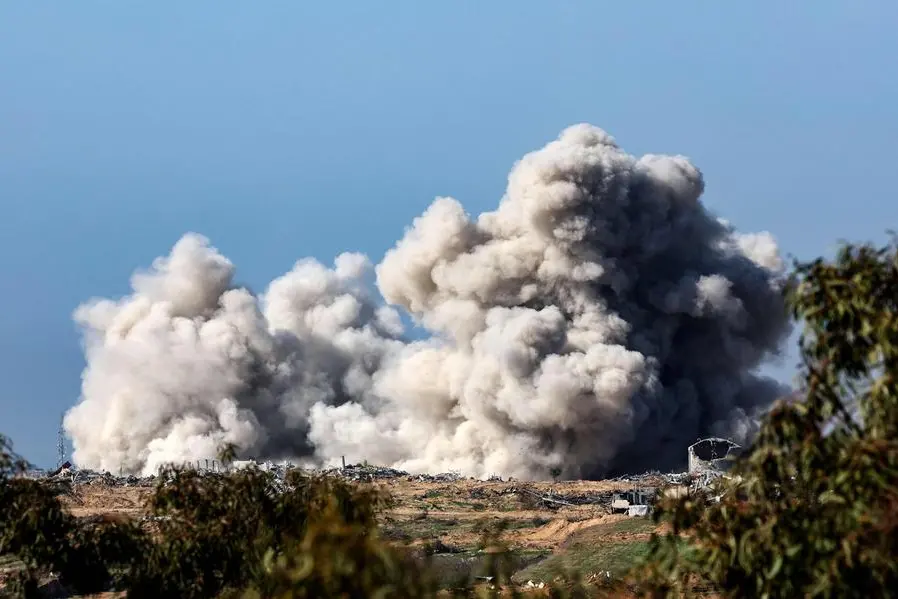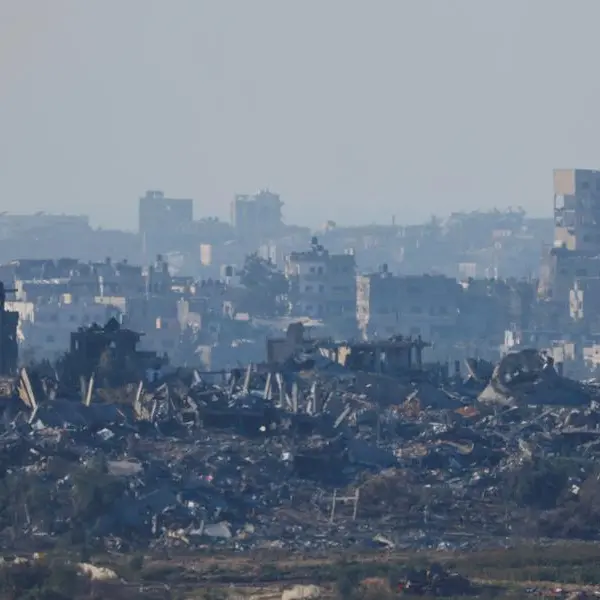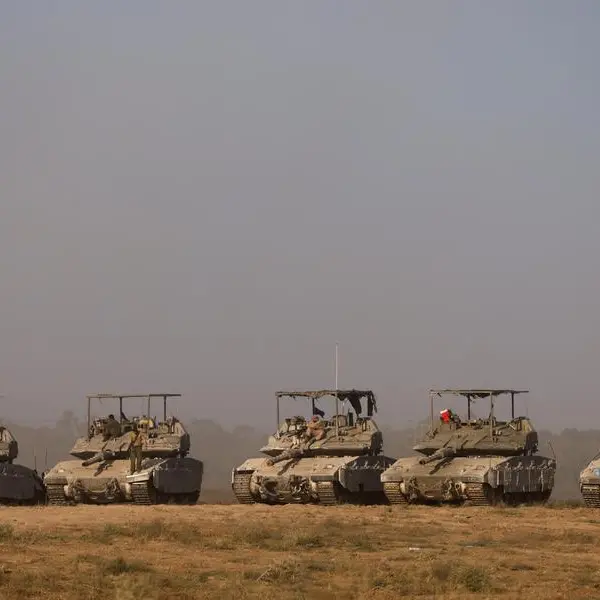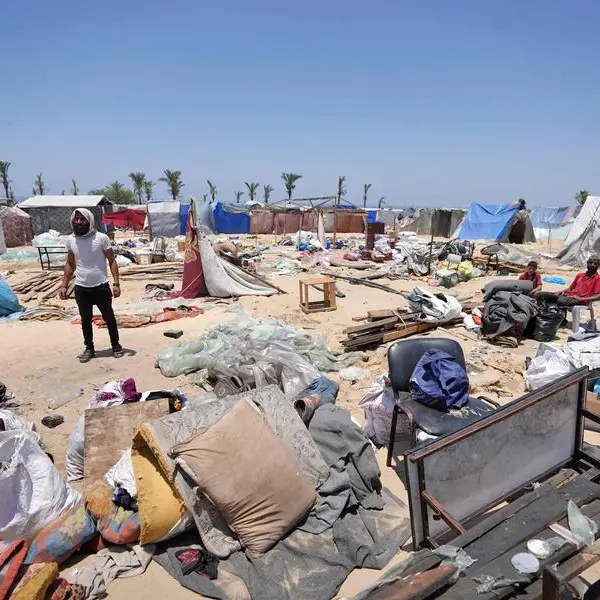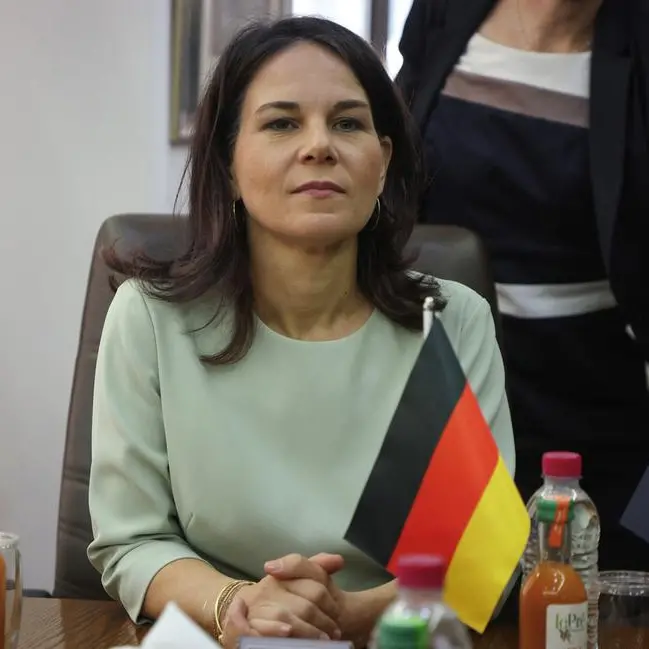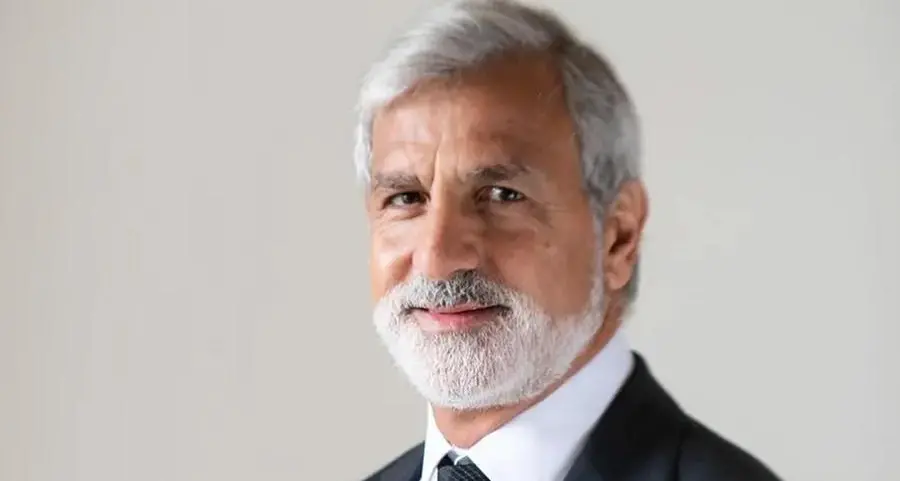PHOTO
Washington stressed once again Thursday it believes creation of a Palestinian state is the only way to guarantee Israel's long-term security, putting the US-Israeli divide on the matter on sharp display.
The comments come as questions swirl over the fate of the Gaza Strip when the Israel-Hamas war is over.
Earlier Thursday, Israeli Prime Minister Benjamin Netanyahu said his country "must have security control over all the territory west of the Jordan (River)."
"This is a necessary condition, and it conflicts with the idea of (Palestinian) sovereignty," Netanyahu said in public remarks.
When asked about Netanyahu's comments, US National Security Council spokesman John Kirby said that Washington and Israel "obviously see it differently."
One day earlier at the World Economic Forum in Davos, Switzerland, US Secretary of State Antony Blinken renewed his call for a "pathway to a Palestinian state."
"You're not going to get the genuine security you need absent that," he said.
But Netanyahu maintained Thursday that "a prime minister in Israel should be able to say no, even to our best friends -- to say no when necessary, and to say yes if possible."
During a trip to the Middle East last week, Blinken emphasized to Israeli authorities that Arab countries, including Saudi Arabia, were committed to helping reconstruct Gaza and aiding with future Palestinian governance, but only on the condition that Israel clear the path for Palestinian statehood.
Blinken also encouraged cooperation between both sides, saying an effective Palestinian Authority can only operate "with the support, with the help, of Israel, not with its active opposition."
According to State Department spokesman Matt Miller, Israel will face very difficult questions in the months to come.
"There is a historic opportunity that Israel has to deal with, challenges that it has faced since its founding, and we hope the country will take that opportunity," he said.
Netanyahu and US President Joe Biden, who have a notoriously complicated relationship, have not participated in direct communication exchanges for several weeks.
